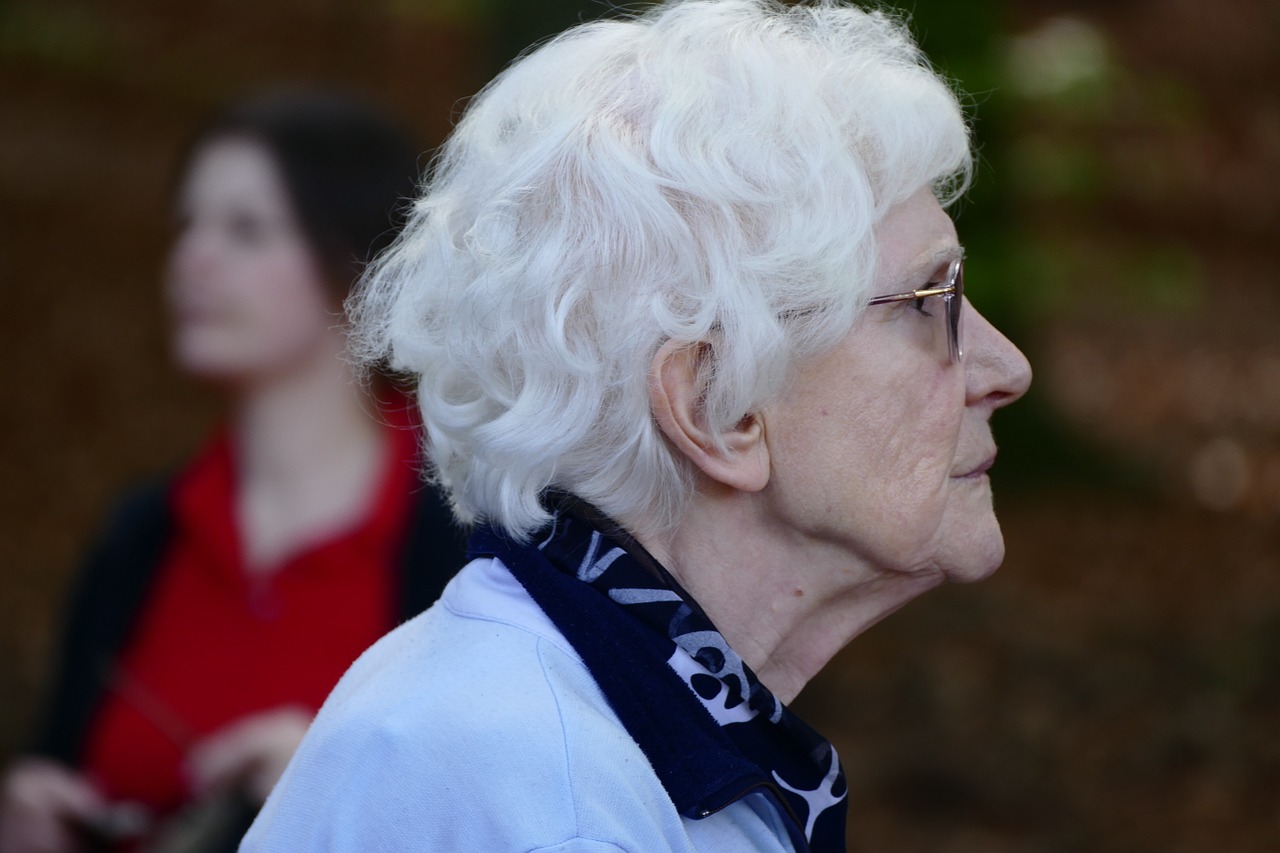Where The Needs Of Others Come First · Available 24x7 For Emergencies

September is World Alzheimer’s Month, an international campaign run every year to help raise awareness about dementia, led by Alzheimer’s Disease International and other Alzheimer’s associations around the globe. We’ve collaborated with Fairfield Care, a care home supplies provider in the UK, to help raise awareness of this difficult disease – and show you how you can help too.
Unbelievably, it’s thought around 47.5 million people are affected by dementia worldwide, with 7.7 million new cases every year. Alzheimer’s is the most common type of dementia, for which, sadly, there is currently no cure.
It’s expected that around 75 million people will suffer with dementia by 2030, and with around 2 in 3 people believing that there isn’t enough understanding about Alzheimer’s in their countries (source), getting involved in World Alzheimer’s Month is a fantastic way to help dispel the stigmas and misunderstandings around dementia. You can also learn more yourself and share your knowledge with others and those you love.
What is Alzheimer’s Disease?
Alzheimer’s is the most common form of dementia and is a physical disease that affects the brain. Dementia is the term for a number of symptoms that include memory loss, confusion, problems with thinking and language.
When a person suffers from Alzheimer’s, proteins build up in the brain forming structures known as ‘plaques’ and ‘tangles’ which lead to the loss of connections between nerve cells and gradually the death of nerve cells and brain tissue.
Alzheimer’s disease develops gradually over time, with the symptoms becoming more severe as the illness progresses.
What are the symptoms of Alzheimer’s Disease?
The symptoms can be mild to begin with, having more of an impact on daily life the more severe they get.
Whilst the symptoms can vary from person to person – there are some common warning signs to look out for:
- Memory lapses
- Difficulty following conversations or repeating conversations
- Problems judging distances or seeing objects in 3D
- Concentration, planning and organisation
- Orientation – confusion or losing track of the day or date
How is Alzheimer’s Disease treated?
There is currently no cure for Alzheimer’s but a mix of drug and non-drug care can help somebody with the condition live well.
The drug care available can help temporarily alleviate the symptoms whilst non-drug care involves professional advice on how an individual can cope with memory loss and living with dementia.
The fact that there’s no cure for Alzheimer’s shows just how important it is to raise awareness about the disease and support research into dementia.
If you already know a bit about Alzheimer’s – you can test your knowledge with this simple quiz.
How can you get involved in World Alzheimer’s Awareness Month?
There’s plenty you can do to help raise awareness and support Alzheimer’s associations, wherever you are and whatever your ability.
- Get involved in research – So far, the only way to beat Alzheimer’s is through research. If you have been diagnosed with the disease, are a carer for someone with Alzheimer’s or simply have an interest in helping – many countries have organisations that run clinical research such as Dementia Research in the UK
- Fundraising to support research – Maybe you’d like to raise money to support research in your country and there a literally hundreds of ways you can do this. From running a bake sale or organising a community talent show, to running a marathon or simply collecting donations, fundraising activities not only financially support Alzheimer’s research but raise awareness too. Why not visit the Alzheimer’s Society website for some great fundraising ideas.
- Volunteer – Most Alzheimer’s associations are run as charities and rely on the generosity of volunteers to help them. You’ll find many volunteer opportunities such as office administration, event stewarding and service support. Contact your local association to see what opportunities are available.
- Host an awareness day or week – Whether it’s at school or at work, hosting an awareness day or week is a great way to get involved in Alzheimer’s Awareness Month. Many associations can provide experts or representative who will come and talk to your colleagues or classmates about the disease and helpful resources are easily available – such as these posters from Alzheimer’s Disease International.
- Donate – One of the easiest ways to support Alzheimer’s research is to donate – and you can do this in lots of ways. From monthly direct debits or one of payments to legacies left in your will – there are far more ways to give money than many people realise. In the UK, if you do wish to donate and are a UK tax payer, don’t forget to register for Gift Aid – which gives an extra 25p per £1 you donate.
If you’re worried about someone with Alzheimer’s, or would simply like to know more about the disease and how A Servant’s Heart can help, contact us here.
Originally posted 2017-09-06 10:00:30.
